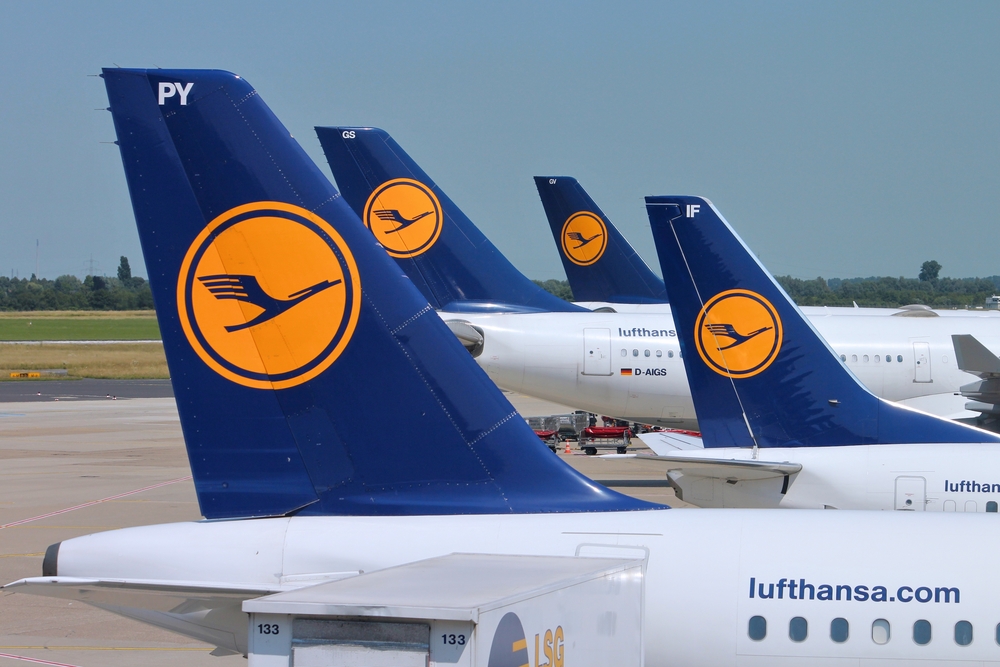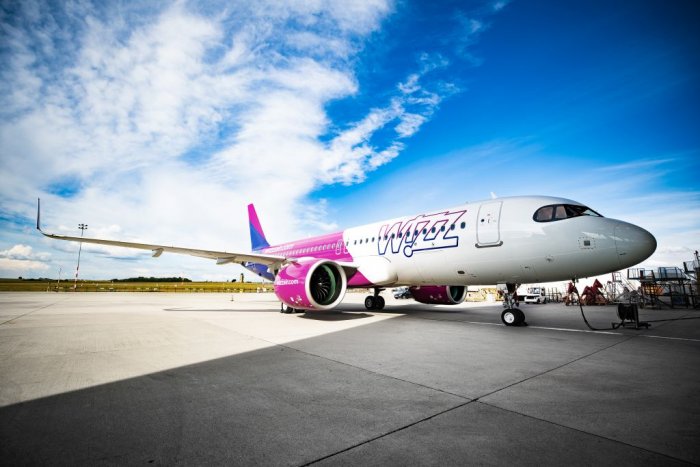ÖBB Rail Cargo Group Expanding Int'l Network
_ÖBB_Andreas Scheiblecker.jpg)
Photo by ÖBB/Andreas Scheiblecker
Rail freight transport has had an extraordinarily crisis-ridden year, but ÖBB Rail Cargo Group (RCG) managed to successfully tackle the arising issues, according to a press release sent to the Budapest Business Journal.
At RCG’s annual press conference, ÖBB CEO Andreas Matthä and Clemens Först, spokesman of the board for the ÖBB Rail Cargo Group, presented RCG’s expansion plans in light of the many challenges facing rail freight transport in Europe.
Andreas Matthä noted, "This year again, rail freight transport – and especially the ÖBB Rail Cargo Group with its employees – has proven how reliable rail transport is and relevant it is for the system and supply. I am particularly pleased that we can support the people and the economy in Ukraine with our services. Right now we are transporting the millionth tonne of grain from Ukraine out into the world. This makes us one of the leading railway companies providing assistance here.”
Investments for Climate-friendly Waste Transports
RCG is pushing ahead with other relevant projects as well.
“We are preparing intensively for the changes in the Waste Management Act starting in January 2023 with investments of EUR 75 million in new wagon material. Based on this, we will then be able to shift more and more waste transports from road to rail”, emphasized CEO Matthä.
Moreover, the world’s first duty-free corridor from the port of Trieste to Dry Port Villach will steer additional road transports to the railways.
Matthä added, “This project is of great importance to us – Villach will be located by the sea in the future and will become the gateway for goods from all over the world to enter the EU. And they will be coming by rail. On the whole, all our measures are geared towards making our significant contribution to achieving the climate targets. The comparison demonstrates this: Transporting one tonne of freight by rail is 30 times more climate-friendly than by truck.”
RCG CEO Clemens Först explained, “Systemic relevance is the buzzword of the year. We are the sustainable logistics backbone of the Austrian and European economy and are investing intensively in the expansion of our network – in the direction of China and increasingly in the Balkans: On January 1, 2023, we will be operational with a branch office in Shanghai. Particularly the transport route in the Middle Corridor is to be expanded further as well. In Belgrade, we have also established another carrier company with a start date in the first quarter of 2023. Serbia will thus be the 13th country in Europe where we carry out high-quality and attractively priced rail transports with our own locomotives and personnel. This step enables us to offer our TransFER connections heading for Turkey and Greece – where we are the market leader – via two alternative routes and become more crisis-resistant as a result.”
Due to the volatile energy prices in Europe, however, the next year will also see a significant increase in prices for RCG customers, as Först also stressed, “As an energy-intensive company, we too are affected by massive price jumps on the energy market and therefore have to pass on our additional costs to our customers – this step is unavoidable in light of the current developments coupled with a traditionally low-margin industry, but it is being taken transparently and fairly in coordination with each and every one of our customers.”
Improving Competitive Conditions
Finally, ÖBB CEO Matthä said that the railways need fair framework conditions, “Rail freight transport is the basic prerequisite for achieving climate protection goals. To achieve the necessary turnaround, however, we need fair cost transparency in the transport sector. In Austria alone, external costs (including noise, congestion, and accident costs) are three times higher for trucks than for rail. Yet these costs are not borne by the polluters, but by the taxpayers. Something urgently needs to change here – not only for those paying, but also for the railways and thus for the climate.”
SUPPORT THE BUDAPEST BUSINESS JOURNAL
Producing journalism that is worthy of the name is a costly business. For 27 years, the publishers, editors and reporters of the Budapest Business Journal have striven to bring you business news that works, information that you can trust, that is factual, accurate and presented without fear or favor.
Newspaper organizations across the globe have struggled to find a business model that allows them to continue to excel, without compromising their ability to perform. Most recently, some have experimented with the idea of involving their most important stakeholders, their readers.
We would like to offer that same opportunity to our readers. We would like to invite you to help us deliver the quality business journalism you require. Hit our Support the BBJ button and you can choose the how much and how often you send us your contributions.









